Focus
Your Present Location: HOME> Focus-
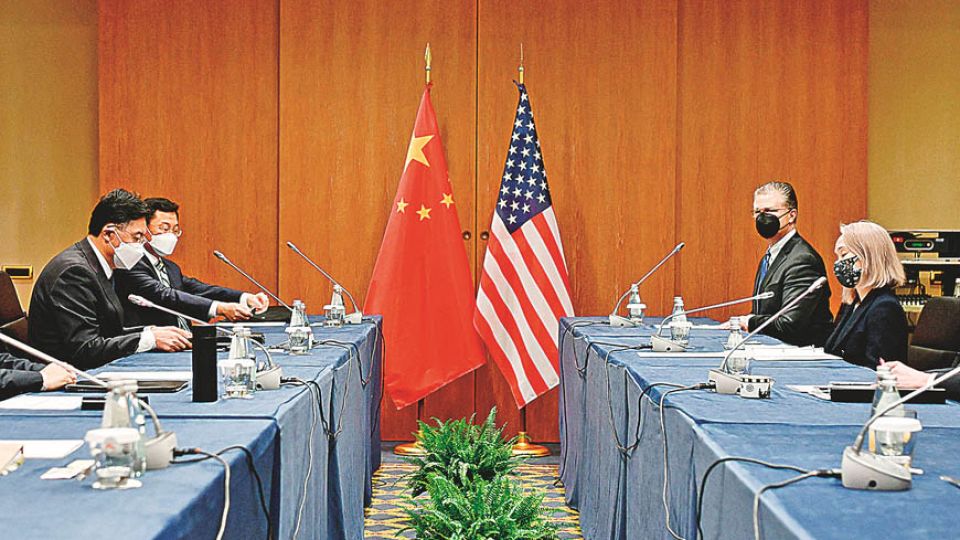
Diao Daming: China, US show will to move ties forward
Monday's meeting in Rome between senior Chinese and US officials was constructive despite their tense ties, and it helped overcome doubts and avoid miscalculations and was important in order to maintain global cooperation in tackling hot spot issues, observers said.
2022-03-21 -
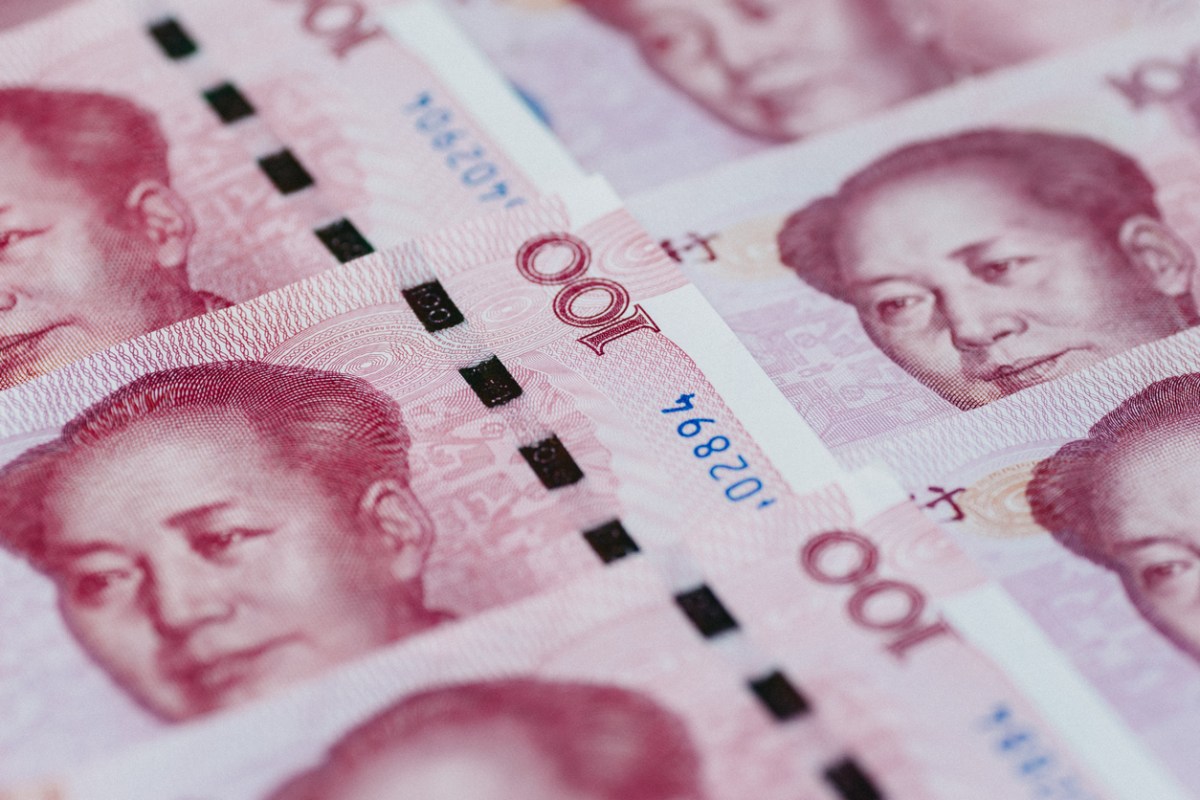
Diao Daming: China media slam ‘arrogant’ US after Rome meeting
China’s state media criticized the United States as “arrogant” after Washington called on Beijing to help in Ukraine during a meeting between the two countries’ diplomats in Rome on Monday.
2022-03-21 -
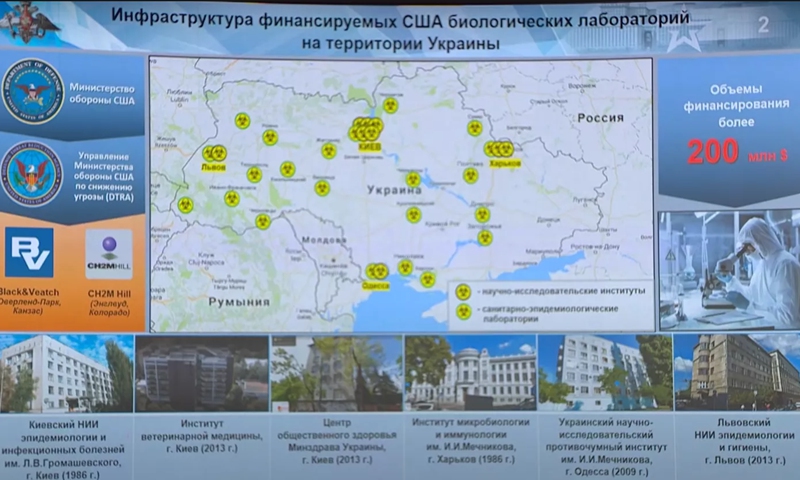
Wang Yiwei: International voices urge US explanation for bioweapons accusations
Russia is now strengthening its accusations against the US of developing biological weapons in Ukraine with documents and evidence it had detained amid its military operations in its neighboring country, and the US keeps claiming that Russia's accusations are "disinformation" even if statements from different officials of the Biden administration are contradictory, and this has caused rising international concerns over US biolabs worldwide.
2022-03-18 -
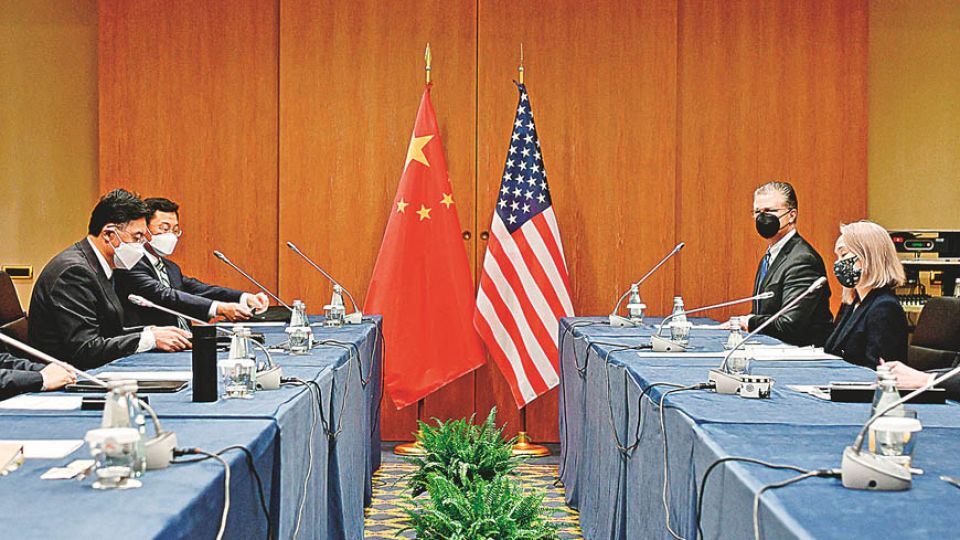
Diao Daming: Yang to meet Sullivan in Rome, sends 'positive sign' via high-level contact mechanism amid Russia-Ukraine crisis
China's top diplomat, Yang Jiechi, will meet with US National Security Advisor Jake Sullivan on Monday in Rome to exchange views on China-US relations and international and regional issues of common interest.
2022-03-18 -
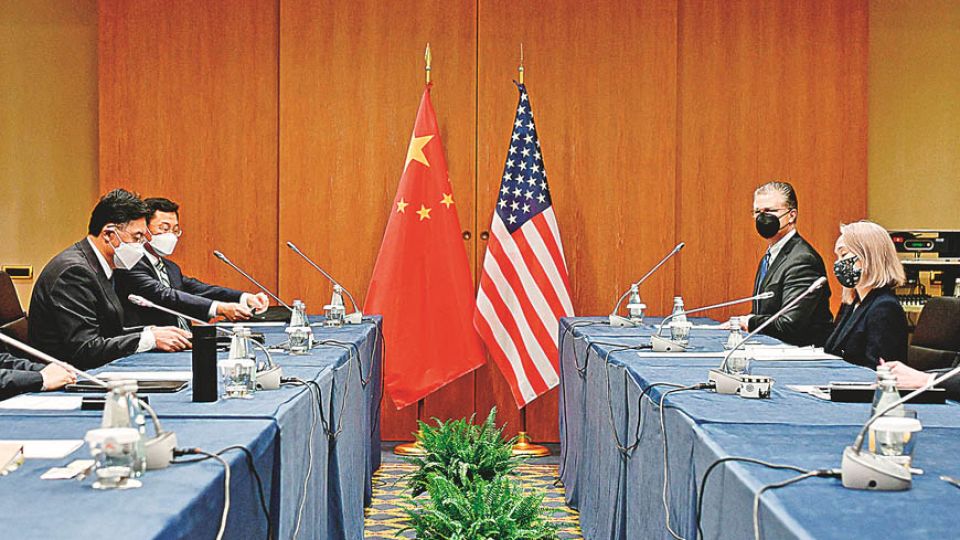
Diao Daming: Jiechi-Sullivan meeting show US and China’s will to move ties forward
Monday’s meeting in Rome between senior Chinese and US officials was constructive despite their tense ties, and it helped overcome doubts and avoid miscalculations and was important in order to maintain global cooperation in tackling hot spot issues, observers said.
2022-03-18 -
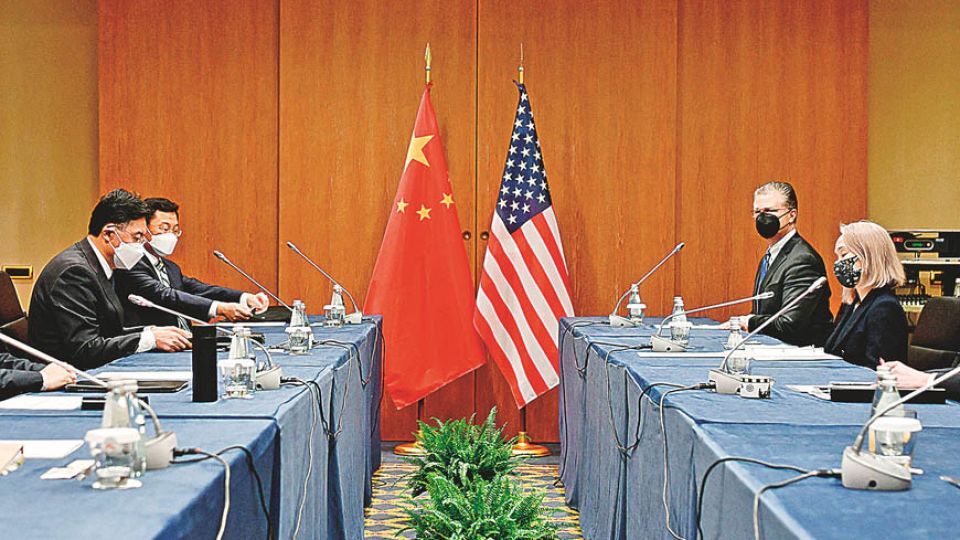
He Weiwen: Analysis: U.S. gamble on China over Ukraine raises tensions with rival superpower
The Biden administration made a carefully orchestrated gamble this week, issuing a series of public and private threats to Beijing that it will face consequences if it supports Russia's invasion of Ukraine.
2022-03-18 -
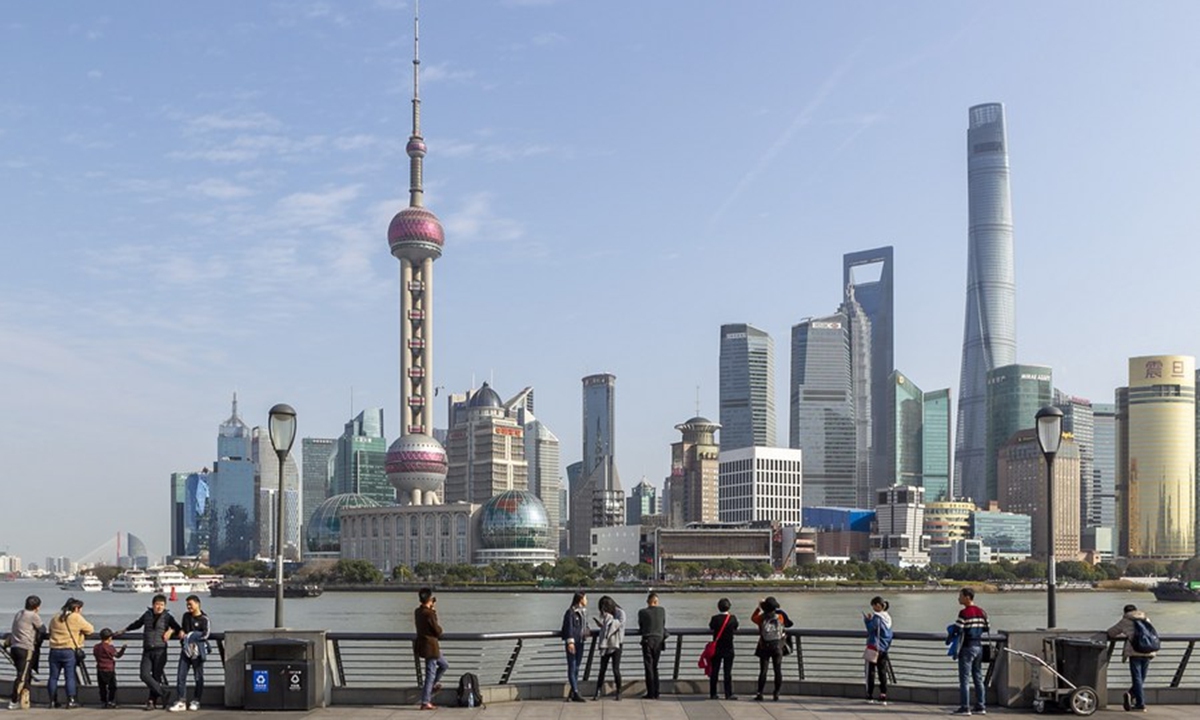
Dong Shaopeng:Chinese official clears monetary policies, platform management
In what Chinese industry insiders compared to as a "fireside chats," China's top financial affairs watchdog pledged to bolster steady economic growth and capital markets in a meeting convened on Wednesday. The meeting had sent a fresh signal that the world's second-largest economy will not pull punches in shoring up its economy for the year despite the downward pressure.
2022-03-18 -
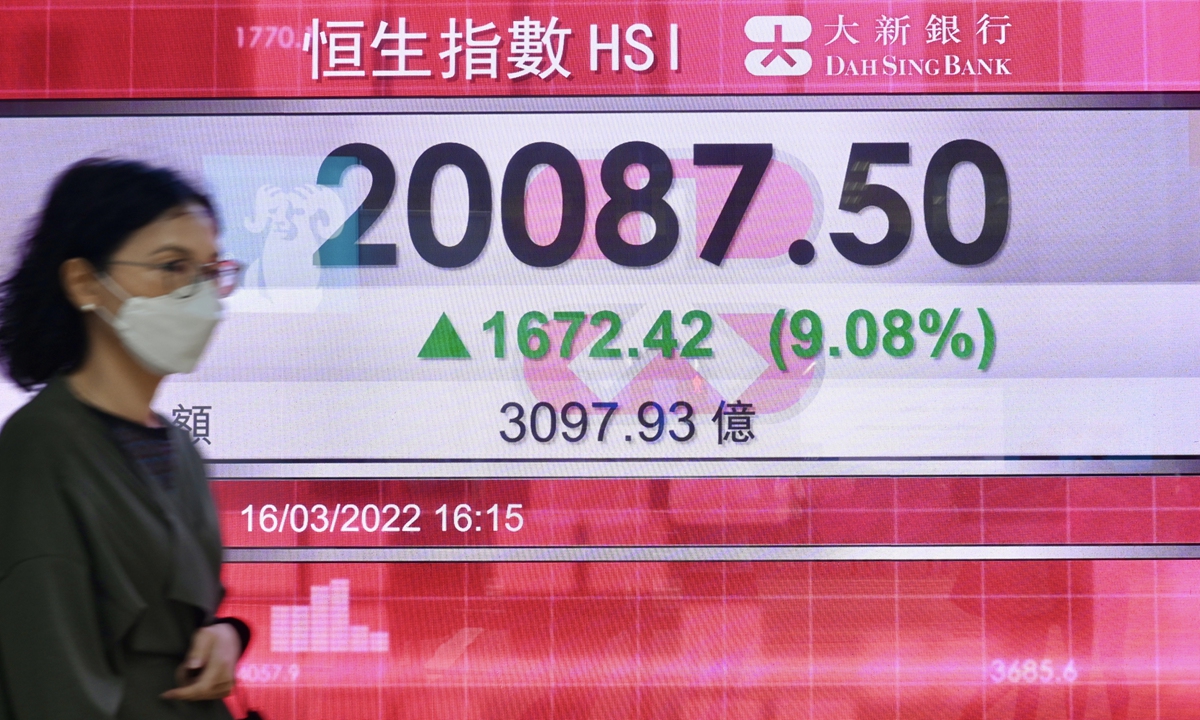
Dong Shaopeng: Chinese stocks make spectacular reversal as key meeting reassures audit talks with US
Chinese stocks made a spectacular reversal across the board on Wednesday, as China's top financial oversight body breathed key threads of hope into the market, casting away the clouds over notably US-traded Chinese firms that have taken a battering from US securities regulatory roughening.
2022-03-17 -
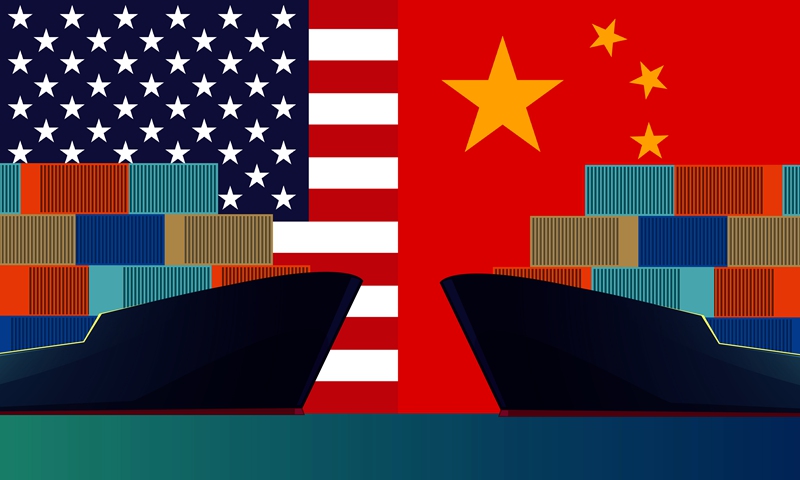
Ding Gang: Effective countermeasures to US decoupling policy against China
On Monday, Hong Kong's benchmark Hang Seng Index fell 5 percent to its lowest closing level since March 2016, while the Hang Seng Technology Index sank 11 percent, the biggest one-day drop since the index went live in July 2020. In the US, the Nasdaq Golden Dragon China Index fell for a third straight session, dropping 12 percent. On Tuesday, Chinese stocks plunged.
2022-03-17 -
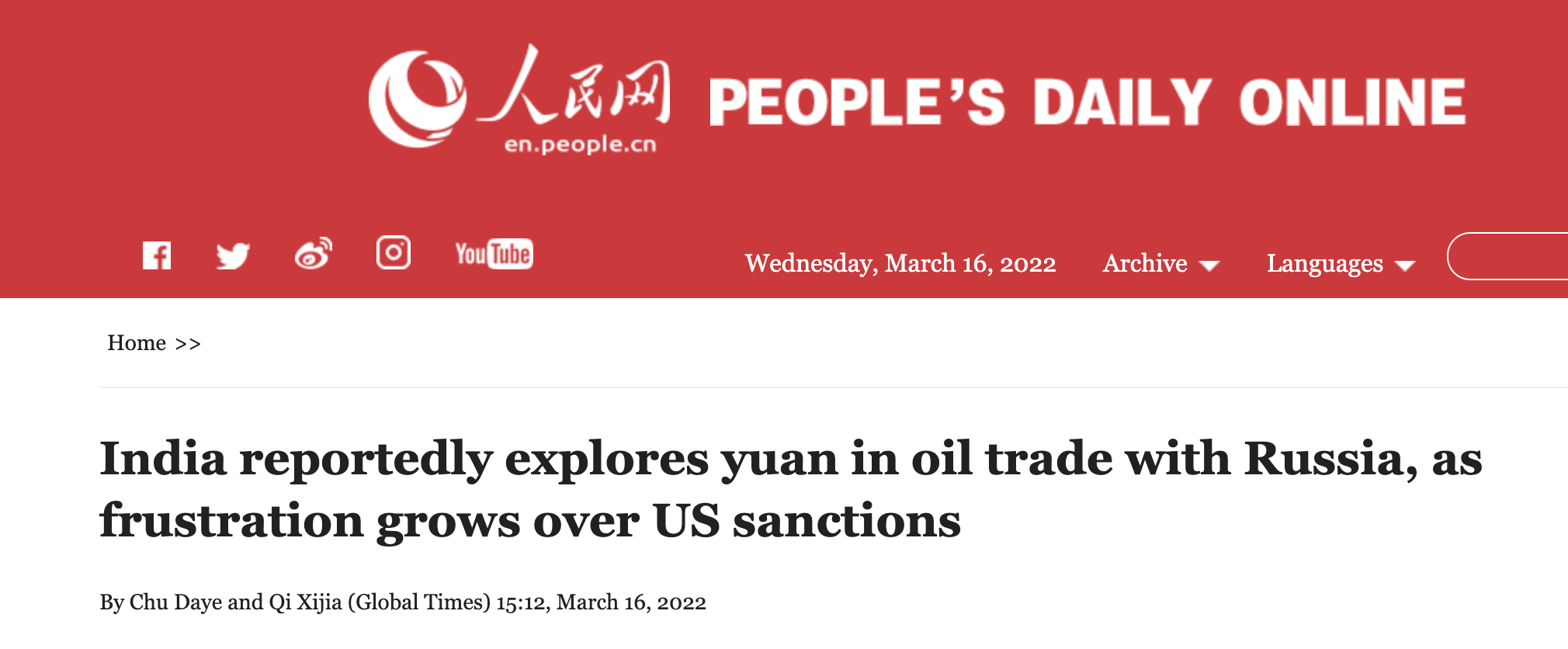
Dong Shaopeng: India reportedly explores yuan in oil trade with Russia, as frustration grows over US sanctions
India is reportedly planning to buy Russian oil at discounted prices and even considering the Chinese yuan as a reference currency in an India-Russia payment settlement mechanism, a move that Chinese analysts say represents the growing frustration among world economies over the US-led sanctions against Russia that have rattled global markets.
2022-03-17 -
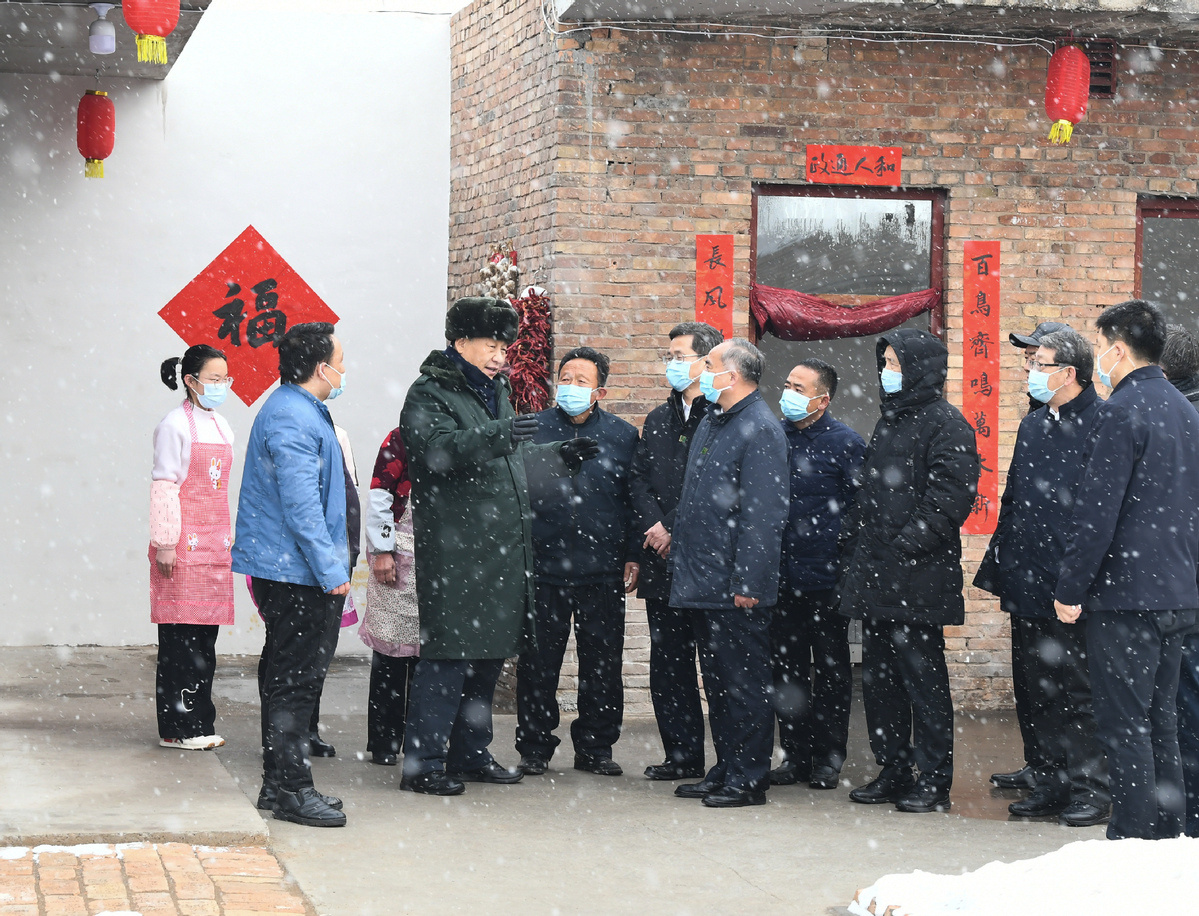
Yuri Tavrovsky: Xi charts course for prosperity of Chinese nation
Yuri Tavrovsky, a renowned Russian Sinologist who has visited China many times and has written many reports on the Belt and Road Initiative, said that President Xi is a leader who provides inspiration and long-term goals to his people and designs the path to achieving those goals. "He plays a role recognized by all the members of the CPC and the Chinese people," Tavrovsky added.
2022-03-16 -
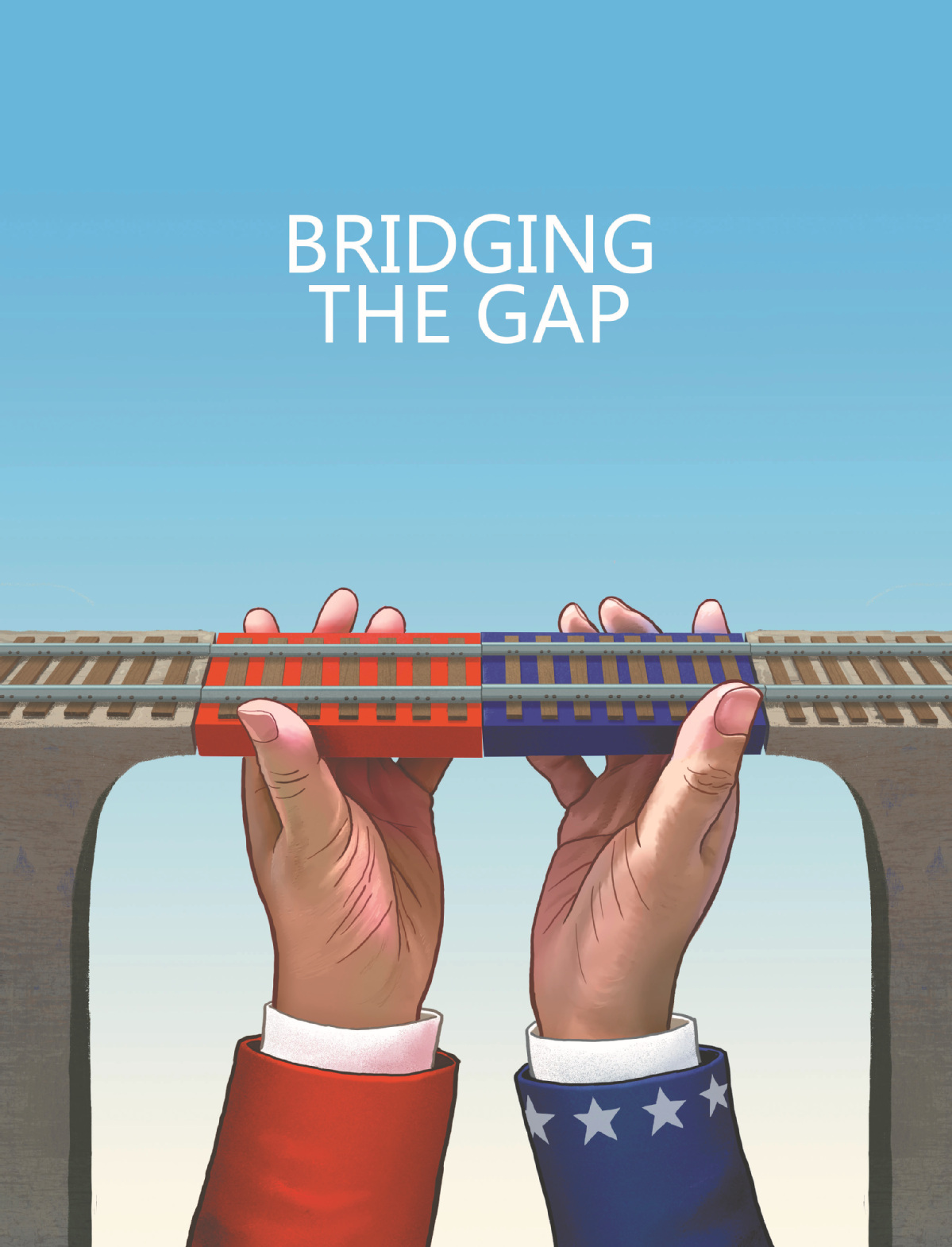
He Yafei: US attempts to contain China doomed
Asked in Washington last month whether the United States is urging China to isolate Russia after Moscow launched its "demilitarization and denazification operation" in Ukraine, US President Joe Biden said, "I am not prepared to comment on that at the moment."
2022-03-16 -
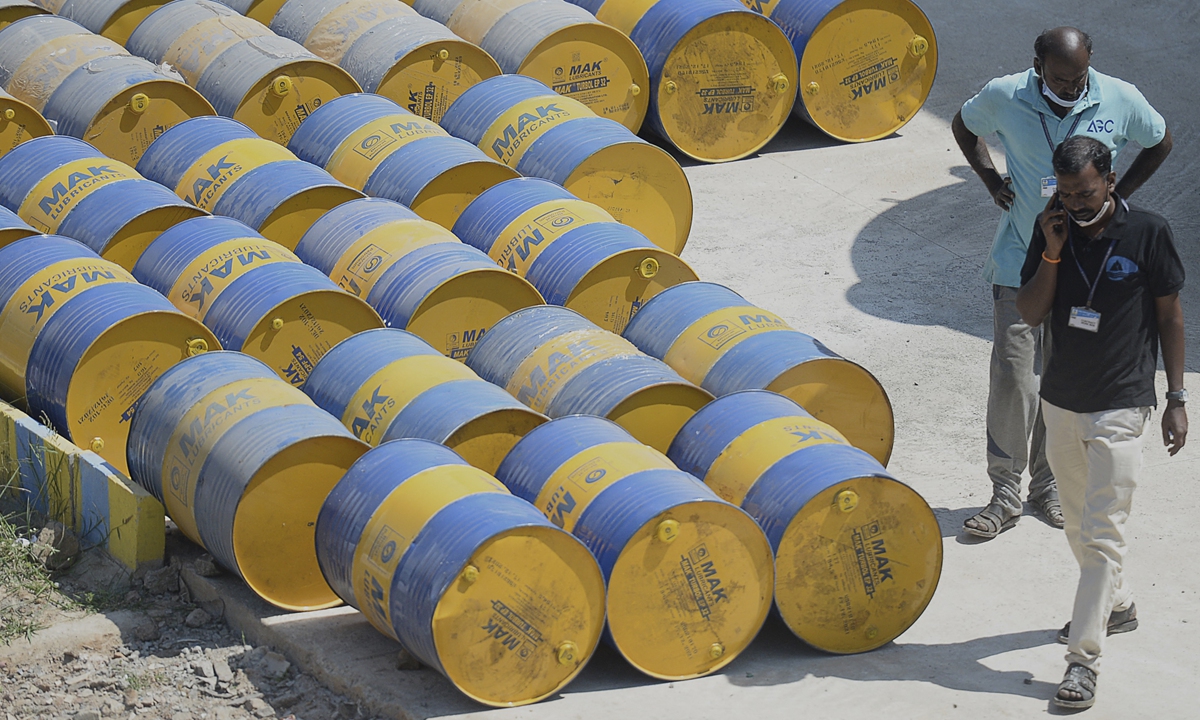
Dong Shaopeng: India reportedly explores yuan in oil trade with Russia, as frustration grows over US sanctions
India is reportedly planning to buy Russian oil at discounted prices and even considering the Chinese yuan as a reference currency in an India-Russia payment settlement mechanism, a move that Chinese analysts say represents the growing frustration among world economies over the US-led sanctions against Russia that have rattled global markets.
2022-03-16 -
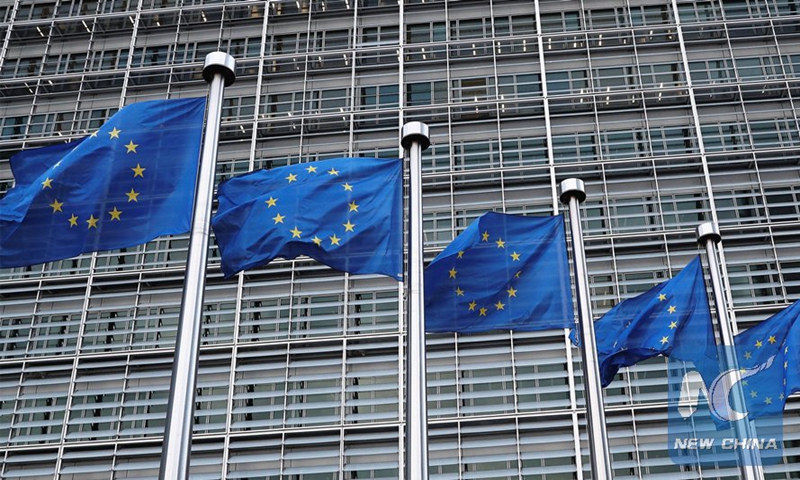
Wang Yiwei: China encourages Europe to build 'indivisible security' mechanism with Russia
China recently encouraged European countries to establish an indivisible, sustainable, effective and balanced security mechanism on different diplomatic occasions, with analysts saying that since the Ukraine crisis has brought serious damage to the security of Europe, the relevant parties need to realize that it is the US, an external superpower, that manipulates the security situation in Europe, and benefits the most, while the EU, Russia and Ukraine have all paid a heavy price under the current unbalanced and ineffective security mechanism.
2022-03-16 -

Wang Yiwei: Winter Games promote a shared future
Editor's note: Beijing 2022 Winter Olympic and Paralympic Games were not only "safe, simple and splendid", as the organizers had promised, but also an inspiring sports gala that will attract more and more people across the country to take up winter sports, which in turn will help boost the sports and tourism industries. What influence will the Winter Games have on the world? Three experts share their views on the issue with China Daily.
2022-03-16 -
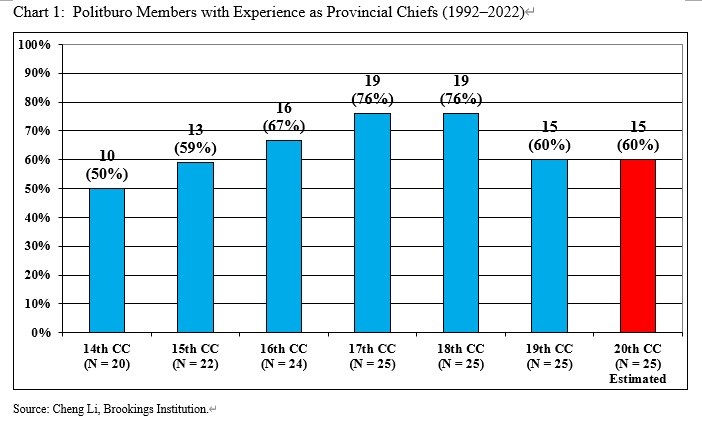
Cheng Li: Provinces: The key to Pekingology
Numerous Pekingologists –– scholars of Chinese elite politics –– have emphasized it before, and they will emphasize it again: the key to understanding the formation and orientation of the national leadership in present-day China is to pay greater attention to the dynamic developments in the provinces. This is not necessarily related to the sheer size and population of the country or the old Chinese saying “Mountains are high and the emperor is far away.” Rather, this assessment largely reflects the growing importance of central-provincial relations and the trend to recruit Party elites from province-level leadership during the reform era.
2022-03-15 -
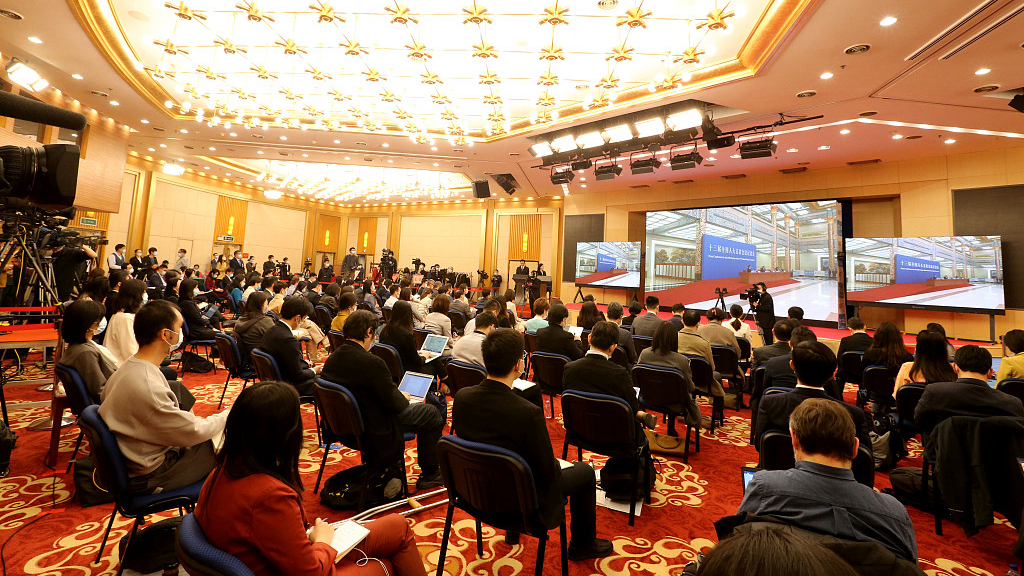
Dong Shaopeng: Decoding Premier Li Keqiang's buzzwords on Chinese economy
At a press conference on March 11, Chinese Premier Li Keqiang used some vivid expressions, analogies and references to idiomatic phrases to explain economic policies and the direction forward. He referred to the economic growth target as the "benchmark," used an analogy of "mountain climbing" to explain economic challenges, and at one point even referred to the "iron rooster" – an idiomatic reference to a tightfisted person – to stress the importance of frugality. Let's have a look at how some of these buzzwords shed light on the way forward.
2022-03-15 -

China, US keep dialogue, but 'no respect, no cooperation'
China's top diplomat Yang Jiechi met US National Security Advisor Jake Sullivan in the Italian capital of Rome Monday to exchange views on China-US relations and other international and regional issues of common concern.
2022-03-15 -

Wang Yiwei: Evaluating the Russia-Ukraine Conflict
Four days after the Beijing Winter Olympics closed, Russian President Vladimir Putin launched an abrupt attack on Ukraine in an attempt to prevent it from joining NATO. While he is perceived by some at home as a national hero, Putin has also triggered disputes internationally for what he did.
2022-03-15 -
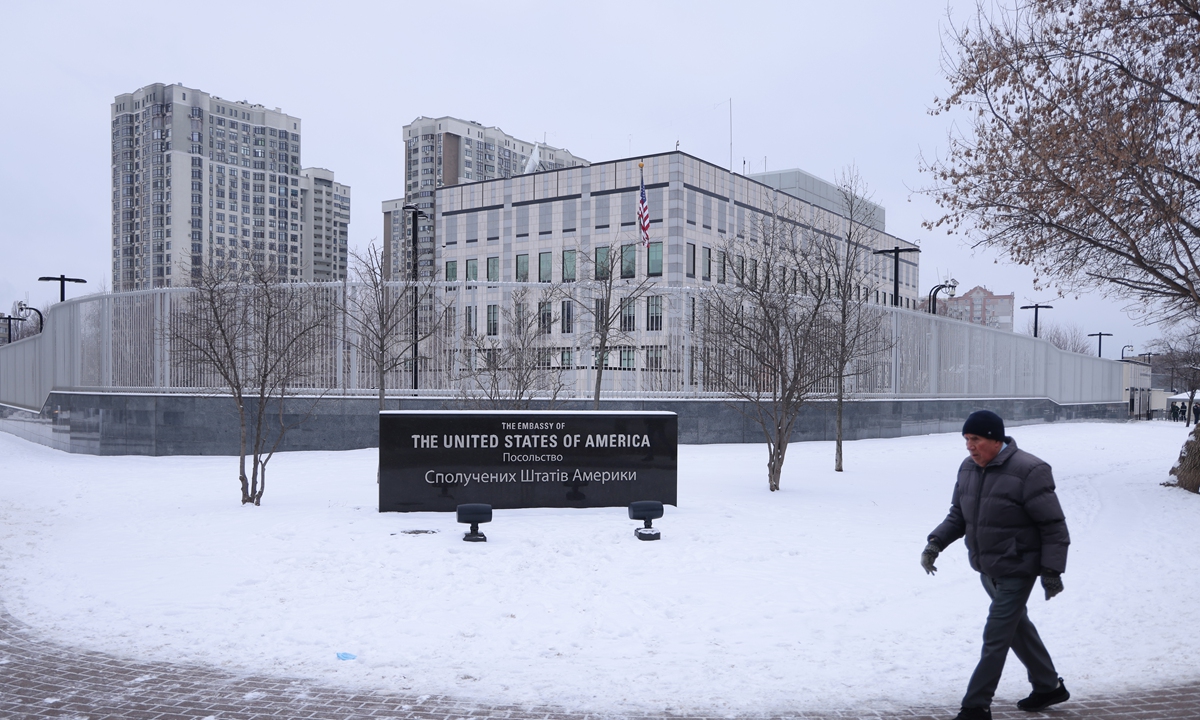
Martin Jacques: In Ukraine crisis, US finds itself in a position of permanent overreach
Let us travel back to 1991. The implosion of the Soviet Union. The end of the Cold War. The triumph of the United States. The implosion was greeted by the West as offering boundless opportunities. Anything was now possible. The world could be remade in the West's own image. The constraints of the previous four decades disappeared. There was much talk of a New World Order. This was the unipolar moment: America had no rivals, it bestrode the world stage, it was no longer subject to the forces of gravity. Actually, if truth be told, it was a dangerous moment for America. Hubris went to its head, world domination beckoned. We can date the beginning of America's rapid decline, now so rampant and obvious, from this moment.
2022-03-14
























































































 京公网安备 11010802037854号
京公网安备 11010802037854号





